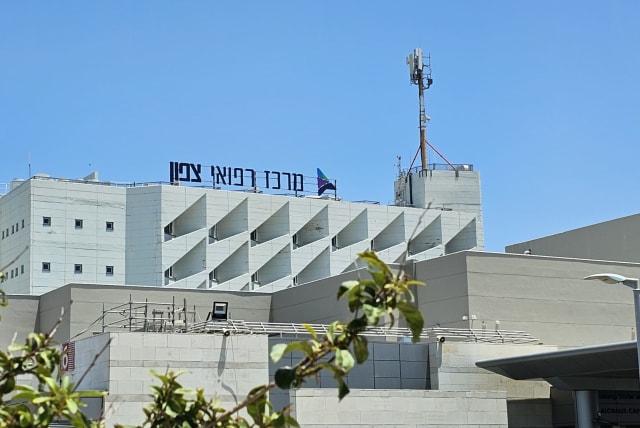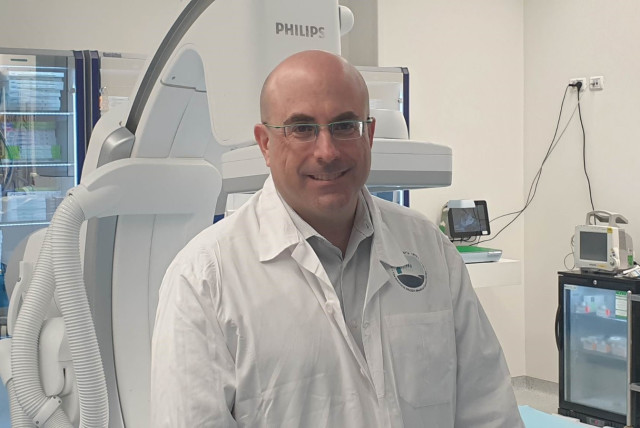Israeli hospital can now use artificial heart device transplants

The left-ventrical-assist device (LVAD) helps pump blood from the lower left heart chamber, called the left ventricle, to the rest of the body.
The Tzafon Medical Center in Tiberias has been allowed by the Health Ministry to implant artificial left-ventrical-assist devices (LVADs) into the chest of cardiac patients whose own hearts are too weak to function and were at the end-stage of heart failure.
The LVAD helps pump blood from the lower left heart chamber, called the left ventricle, to the rest of the body. A controller unit and battery pack are worn outside the body and are connected to the LVAD through a small opening in the skin.
It was good news for residents to treat end-stage heart failure patients who seek help in the north, said the Tzafon Medical Center, which was previously called the Baruch Padeh Poriya Medical Center. So far, only a few Israeli hospitals have received approval for the procedure, which is a life-saving treatment and is at the cutting edge of cardiac medicine. LVAD has been allowed only at the Hadassah-University Medical Center and Shaare Zedek Medical Center in Jerusalem; Rambam Health Care Campus in Haifa; Sheba Medical Center at Tel Hashomer; and the Rabin Medical Center-Beilinson Campus in Petah Tikva.
How long can you have an LVAD in your heart?
Patients may remain with the device in the chest until a heart transplant is found, but some patients are treated with LVAD even though they are not candidates for heart transplantation. One can live with it for several years with it, and half of the patients survive more than four years with it inside. The hospital said that it is now evaluating the appropriateness of the treatment for several patients.
The LVAD device is an electric pump-like device that is surgically inserted into the left ventricle and flows blood from the left ventricle to the aorta. The device supports the activity of the left ventricle of the heart and increases the output of the heart and thus prolongs the lives of the patients and also improves their quality of life.
Prof. Edo Birati, director of cardiovascular medicine at Tzafon Medical Center North Medical Center: "The new procedure allows comprehensive and advanced treatment for heart failure patients. This is really good news for the people of the north who until now had to travel to hospitals in Haifa and the center of the country. This is another important step in establishing the cardiovascular system at North Medical Center as one of the leading centers in the country."
Hospital director-general Prof. Erez Onn concluded that “the approval for the LVAD implantation is another stamp of quality that we receive from the Health Ministry as one of the leading centers of excellence in Israel, and certainly in cardiology in the North.”
Jerusalem Post Store
`; document.getElementById("linkPremium").innerHTML = cont; var divWithLink = document.getElementById("premium-link"); if (divWithLink !== null && divWithLink !== 'undefined') { divWithLink.style.border = "solid 1px #cb0f3e"; divWithLink.style.textAlign = "center"; divWithLink.style.marginBottom = "15px"; divWithLink.style.marginTop = "15px"; divWithLink.style.width = "100%"; divWithLink.style.backgroundColor = "#122952"; divWithLink.style.color = "#ffffff"; divWithLink.style.lineHeight = "1.5"; } } (function (v, i) { });

